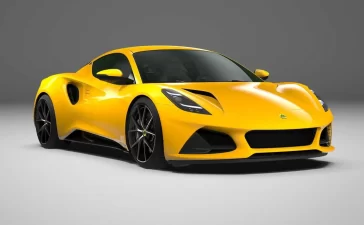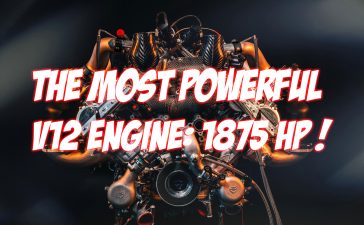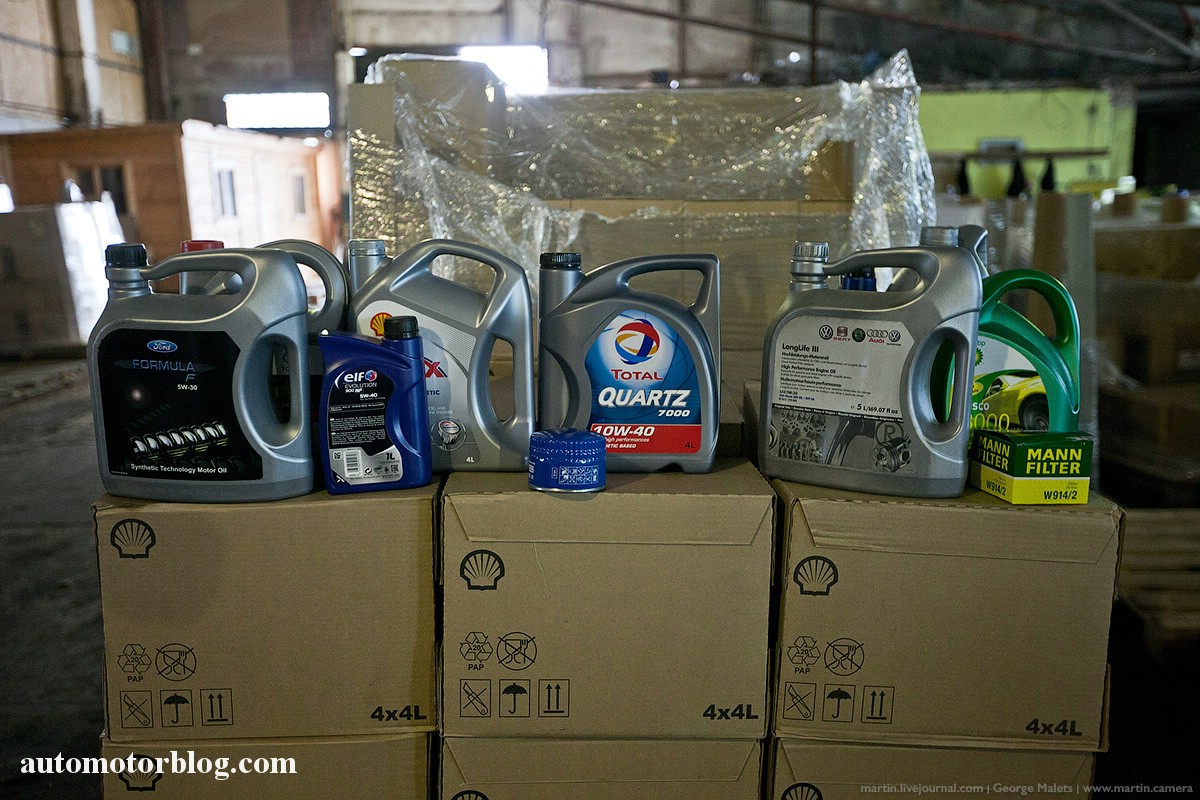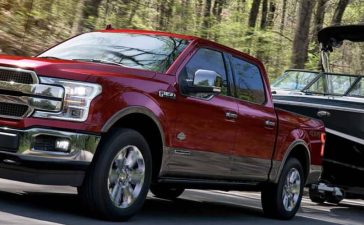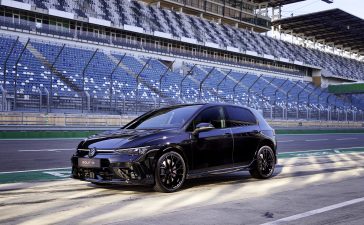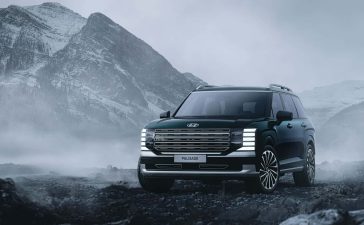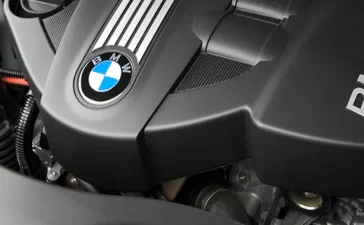It was shocking when both Honda and Nissan had to mutually decide to terminate the proposed merger plan for a company that had been in the pipeline since this year. A proposed merger of the two companies that was to create a new holding company to be effective in 2026 was terminated due to basic differences in the management of the two car makers. Further information also indicates that the power struggle was not limited to corporate governance since Honda tried to subjugate Nissan but the discord was fueled by another contentious issue of hybrid technology.
Japan’s major English daily newspaper, Yomiuri Shimbun, reported that Honda dared to pressure Nissan into scrapping the e-Power hybrid system and instead using its hybrid system. Concerning this proposal, Nissan was not happy and the relationship between the two companies even deteriorated. Both automobile companies remain open to future cooperation in the field of electrified cars.
The e-Power system in Nissan refers to a different category of hybrids as a whole. Unlike a typical hybrid, an e-Power system doesn’t physically couple the ICE with the wheels in any way. Rather, the ICE serves as a manner in which it forms a battery that is charged by an electric motor. This enables Nissan vehicles to simulate the execution of an electric vehicle (EV), which is proving to be distinctive from EVs and hybrids.
Nonetheless, Nissan is willing to progress its e-Power technology even after the failed merger discussion. The automaker aimed to create the 3rd generation of the e-Power system, and its efficiency will be 20% more than when they started it in 2016. Also, it is expected that this next-gen system is going to be 15% more cost-effective on highways than the second-gen setup. Nissan also wants to cut costs by 20 percent compared with the first gearing up, which was used on the Note compact hatchback.
U.S. markets form part of the strategic locations where Nissan plans to introduce its third-generation e-Power system alongside other regions. Nissan plans to begin production of the Nissan Rogue e-Power with this hybrid technology starting from the fiscal year 2026 (April to March 2027) schedule period. During fiscal year 2025-2026, from April 2025 until March 2026, Nissan will introduce a Rogue model that functions as a plug-in hybrid vehicle. The technology will launch in Japan’s minivan version starting this fiscal year 2025/26 and the Qashqai model produced in Europe around the same timeframe.
This pressure to shift strategies sees Honda pressure Nissan to drop e-Power technology in favor of its hybrid system in electric vehicles. Due to the changing perspectives of automakers across the globe to increase fuel efficiency and decrease emissions, the option of hybrid technology is considered a strategic move. It is possible that Honda preferred their hybrid system for these reasons because of their strategic viewpoints in terms of technology and market segmentation.
Although the opportunity to combine Honda and Nissan failed to come into existence, the market remains highly dynamic. However, both are crucial for the collection’s progress toward electrified transportation with different technological beliefs and developments. In this context, it can be assumed that in the coming years, many of them will remain purely offensive and at the same time cooperate and compete with each other.
Thus, the scrapped merger deal between Honda and Nissan points towards the reality of strategic management, especially in key sectors such as hybrid facilities. As the two companies have pursued rather different strategies, though, their quest for the development of electrification remains clear and unbroken. Due to the increasing awareness and shift towards sustainable automotive solutions, the developments and decisions made by car giants such as Honda and Nissan are essential in defining the future generation of vehicles.



